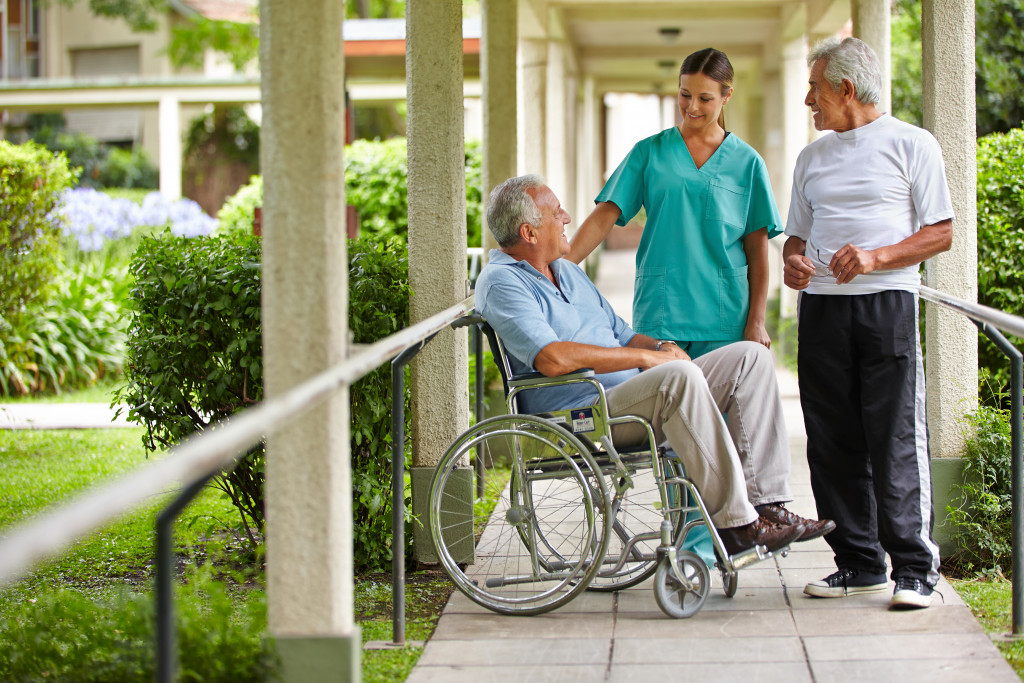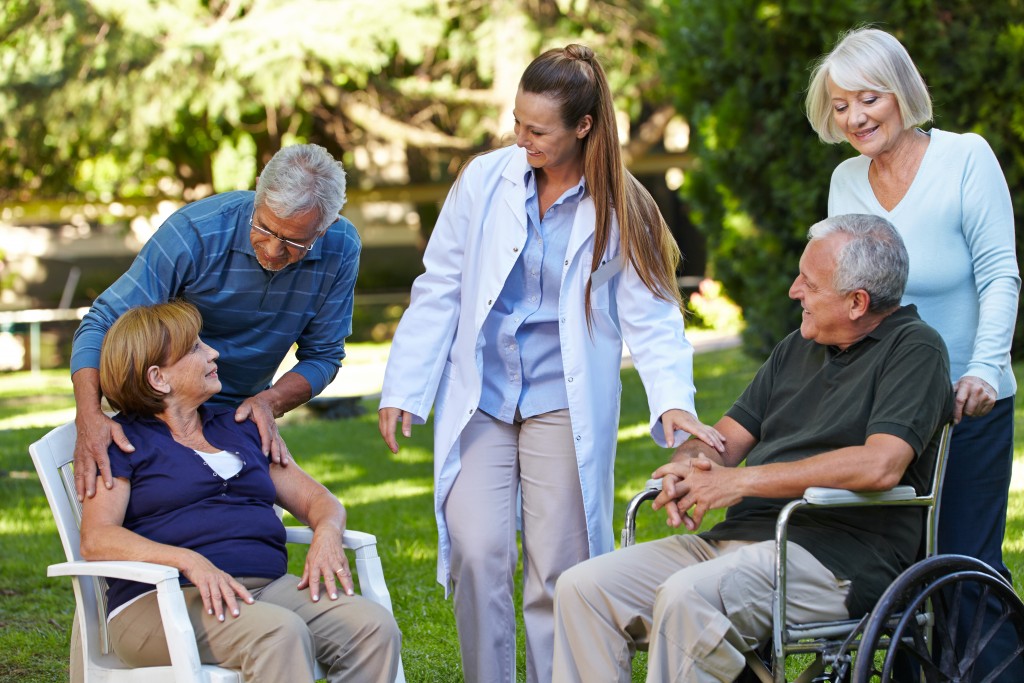Social isolation is a common problem for both seniors and people with disabilities. Hence, it is often one of the leading causes of depression, especially for the elderly who have disabilities. If you have a family member that is both elderly and disabled, here are the best ways you can keep them socially engaged for the betterment of their emotional and mental health:
1. Visit them often
If your senior loved one is living in an assisted-living facility, make it a point to visit them regularly. After all, they might not have much time left to spend with friends and family. Frequent visitation will give them something to look forward to, and it will help keep you connected even if you’re no longer living together.
2. Teach them how to communicate online
Being elderly and disabled can make it hard for your loved one to visit other people or attend social events. So during the days that they don’t have the means to get out of the house to socialize, they can do so online. Teach them how to communicate with others using social media or messaging applications. It is much easier to connect with their friends and family with the technology available nowadays, so let them take full advantage of it.
3. Always include them in gatherings
Even if they don’t wish to be included, always make it a point to invite them. Disabled and elderly individuals often feel left out by the people around them because of their condition or age, and this can lead to feelings of worthlessness and depression. Thus, always invite them to social gatherings that they can feasibly attend. Better yet, hold family gatherings at their house (or your house, if you live together) so that they don’t have to make the trip.
4. Help them meet new people
Everyone can make new friends at any age. Help your senior loved one make some new friends by taking them to local events, such as book clubs or senior groups.
 5. Get a trained dog
5. Get a trained dog
Pets are excellent companions for the elderly. They also provide a sense of purpose for their owner, who is responsible for taking care of them. However, don’t just get any dog for your disabled and elderly loved one. Instead, find a dog that has special training to cater to your loved one’s disability.
6. Eat together as much as you can
Whether it’s lunch at their favorite diner or a coffee out on the porch, eating or drinking with other people is a social event that is beneficial to many seniors. If you don’t live with them, drop by once in a while to share a meal. Encourage other family members to do the same so that someone is always present to keep them company.
Being both disabled and elderly puts people at higher risk for both mental and physical health decline, particularly due to social isolation. Fortunately, there are lots of ways you can help keep your elderly loved one socially engaged despite being a senior citizen and living with a disability, starting with the ones mentioned above.

